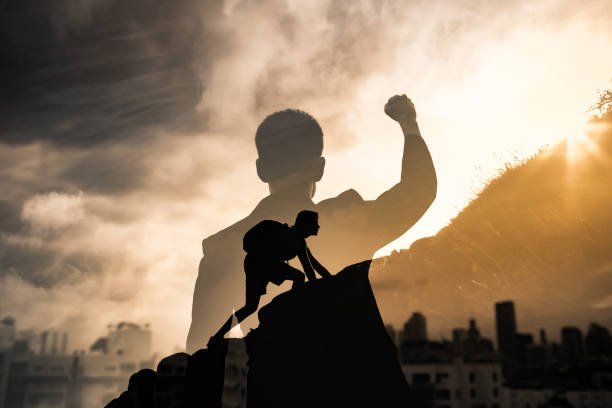Hey there, fellow adventurers! Ever had that sinking feeling when you’re miles into the wilderness, setting up camp, and suddenly realize you’ve left something crucial behind? Yeah, me too. It’s not exactly the recipe for a relaxing outdoor escape. That’s why I’ve put together this ultimate camping checklist – focusing on those often-overlooked pieces of outdoor gear that can truly make or break your trip. Trust me, forgetting any of these top 10 items can lead to some serious “wish I had…” moments. So, grab a mug of your favorite brew, settle in, and let’s make sure your next camping adventure is smooth sailing (or should I say, smooth trekking?).
We all love the idea of being one with nature, the crackling campfire, the starry skies. But let’s be real – comfort and preparedness go a long way in making those idyllic visions a reality. Think about it: that unexpected downpour with no rain gear, trying to navigate in the dark without a proper light source, or waking up shivering because you skimped on insulation. These aren’t just minor inconveniences; they can significantly impact your safety and enjoyment.
This isn’t your grandma’s generic camping checklist. We’re diving into the specifics, highlighting the “why” behind each item, and giving you practical tips to make sure you’re truly prepared for your next foray into the great outdoors. So, are you ready to dodge those camping regrets? Let’s jump in!
Table of Contents
1. The Unsung Hero: A Reliable Headlamp or Flashlight
Seriously, how many times have you fumbled around in the dark, trying to set up your tent or find your way to the restroom with just your phone screen? It’s not fun, and it’s definitely not safe. A quality headlamp or flashlight is non-negotiable outdoor gear.
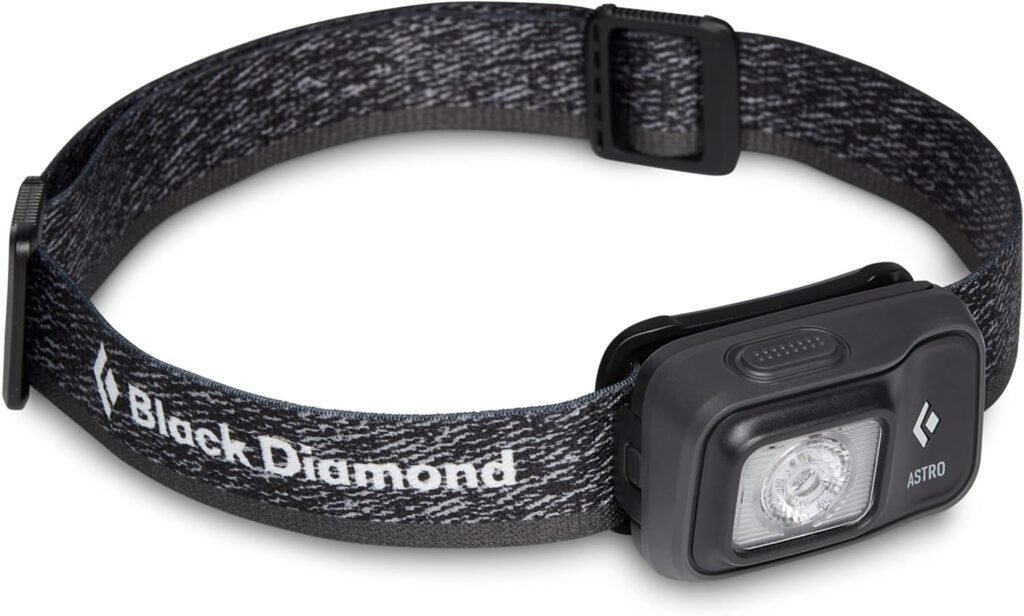
Why you’ll regret forgetting it:
- Safety First: Navigating trails at night, especially unfamiliar ones, without proper lighting is a recipe for trips, falls, and potential injuries.
- Hands-Free Convenience: A headlamp allows you to keep your hands free for essential tasks like setting up camp, cooking, or even just enjoying a book by the fire.
- Finding Your Way: Whether you need to find something inside your tent or venture out after dark, a reliable light source is crucial.
Pro Tip: Pack extra batteries! There’s nothing worse than your light dying at the most inconvenient moment. Consider a headlamp with multiple brightness settings and a red-light mode to preserve your night vision.
2. The Weather Warrior: Proper Rain Gear
“It’s not supposed to rain.” Famous last words of many ill-prepared campers. Mother Nature has a funny way of surprising us, and getting caught in a downpour without adequate rain gear can turn a pleasant trip into a miserable, and potentially dangerous, experience.
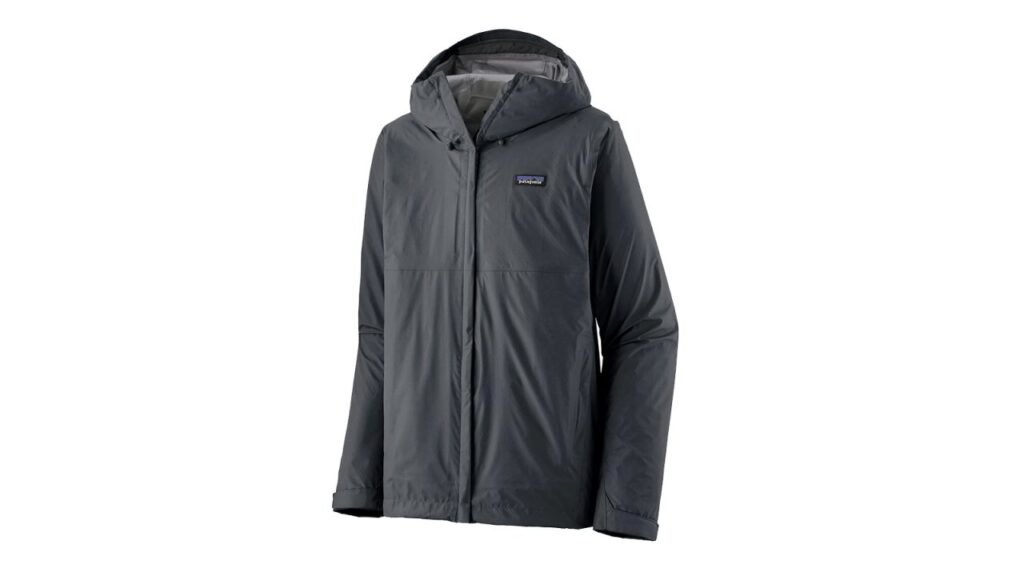
Why you’ll regret forgetting it:
- Staying Dry and Healthy: Prolonged exposure to rain can lead to hypothermia, even in relatively mild temperatures. Staying dry is essential for your well-being.
- Comfort is Key: Wet clothes are heavy, uncomfortable, and take forever to dry in the wilderness. Proper rain gear allows you to continue enjoying your trip, rain or shine.
- Protecting Your Gear: Rain can damage sensitive equipment like electronics and sleeping bags. Keeping yourself dry often means keeping your gear dry too.
Pro Tip: Invest in a waterproof and breathable rain jacket and pants. A poncho can be a lightweight option for emergencies, but for more active pursuits, separate pieces offer better mobility and ventilation.
3. The Cozy Companion: An Extra Layer of Clothing
Even if the forecast looks sunny and warm, temperatures can drop significantly, especially at night or at higher elevations. Having an extra layer of clothing can make all the difference between a comfortable night’s sleep and a teeth-chattering one.
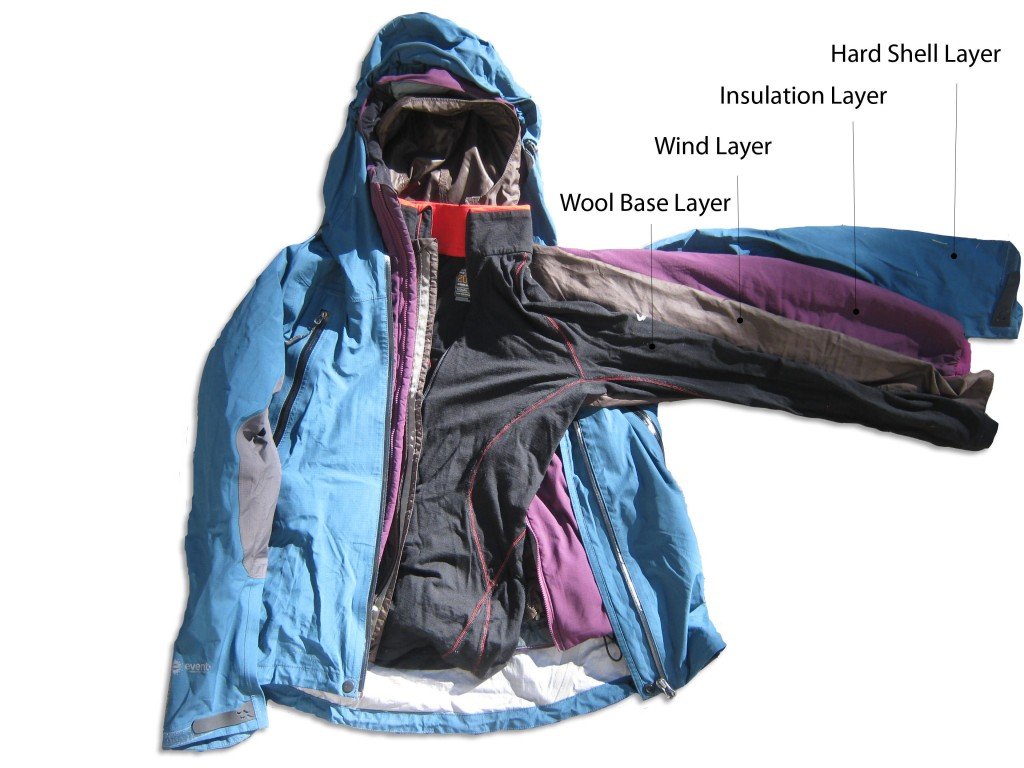
Why you’ll regret forgetting it:
- Temperature Regulation: An extra fleece, sweater, or insulated jacket allows you to adapt to changing weather conditions and stay comfortable.
- Unexpected Chills: Wind, rain, and even just sitting still for extended periods can make you feel colder than you anticipate.
- Sleep Comfort: A warm extra layer can be a lifesaver for a comfortable night in your sleeping bag, especially if the temperature dips unexpectedly.
Pro Tip: Choose a versatile layer that can be easily added or removed as needed. Consider materials like fleece, down, or synthetic insulation that provide warmth without adding too much bulk.
4. The Foot Savior: Comfortable and Supportive Footwear
You might think your favorite pair of sneakers will do the trick, but trust me, your feet will thank you for packing appropriate footwear for camping. Whether you’re hiking trails or just navigating uneven terrain around the campsite, supportive and comfortable shoes are essential.
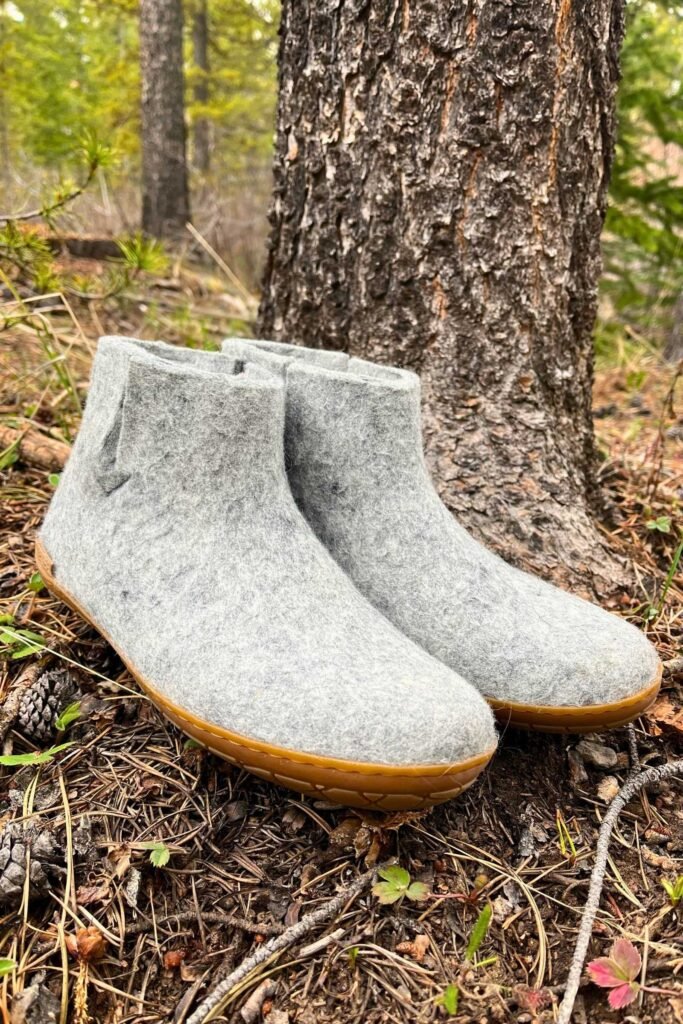
Why you’ll regret forgetting it:
- Preventing Blisters and Injuries: Ill-fitting or unsupportive shoes can lead to painful blisters, sprained ankles, and other foot injuries, potentially ending your trip early.
- Traction and Stability: Hiking boots or sturdy trail shoes provide better traction on uneven surfaces, reducing the risk of slips and falls.
- Protection from the Elements: Depending on the conditions, waterproof or water-resistant footwear can keep your feet dry and comfortable.
Pro Tip: Break in your hiking boots or trail shoes well before your camping trip. Pack extra socks to keep your feet dry and prevent blisters. Consider bringing a pair of camp shoes or sandals for relaxing around the campsite.
5. The Navigation Ninja: A Map and Compass (and Know How to Use Them!)
In our digital age, it’s easy to rely solely on our smartphones for navigation. But what happens when your battery dies or you lose cell service? A map and compass are timeless pieces of outdoor gear that can be lifesavers in such situations.
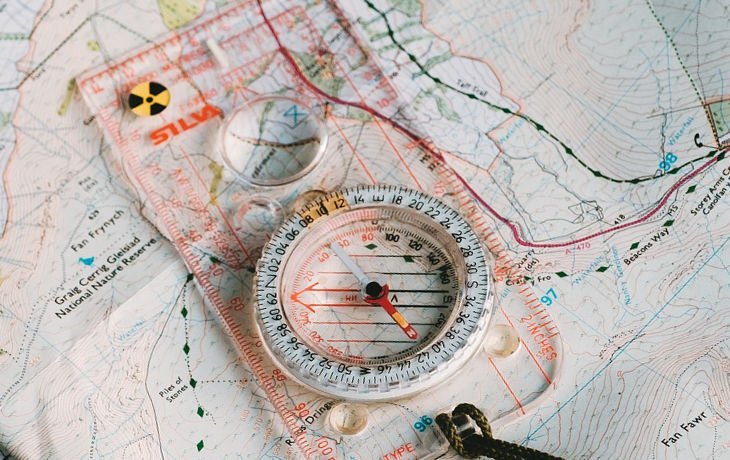
Why you’ll regret forgetting them (and the skills to use them):
- Reliable Navigation: Unlike electronic devices, a map and compass don’t rely on batteries or cell signals.
- Situational Awareness: Studying a physical map gives you a better overall understanding of the terrain and your surroundings.
- Emergency Preparedness: In a true emergency, knowing how to navigate with a map and compass could be crucial for finding your way to safety.
Pro Tip: Don’t just pack them; learn how to use them! Take a basic navigation course or practice using a map and compass in familiar areas before heading out into the wilderness.
6. The Hydration Hero: A Water Bottle or Hydration Reservoir
Staying hydrated is absolutely essential when you’re active outdoors. Dehydration can lead to fatigue, headaches, and even more serious health issues. Having a reliable way to carry water is non-negotiable outdoor gear.
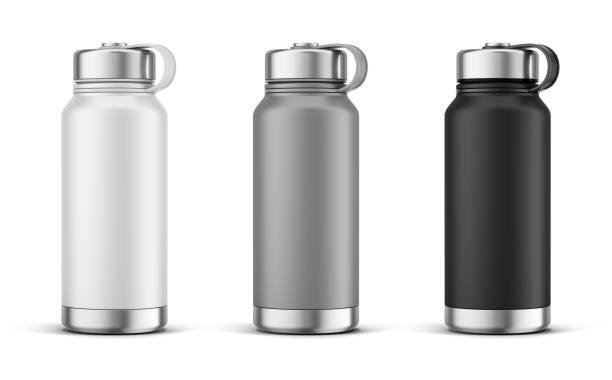
Why you’ll regret forgetting it:
- Preventing Dehydration: Your body needs water to function properly, especially when you’re exerting yourself in the outdoors.
- Maintaining Energy Levels: Dehydration can lead to fatigue and reduced physical performance.
- Overall Well-being: Staying hydrated helps regulate body temperature and supports various bodily functions.
Pro Tip: Choose a water bottle or hydration reservoir that suits your needs and the length of your trip. Consider the availability of water sources along your route and pack a water filter or purification tablets if necessary.
7. The Tummy Tamer: A Basic First-Aid Kit
Accidents happen, even on the most well-planned camping trips. A basic first-aid kit is essential for treating minor injuries and managing more serious situations until you can seek professional help.
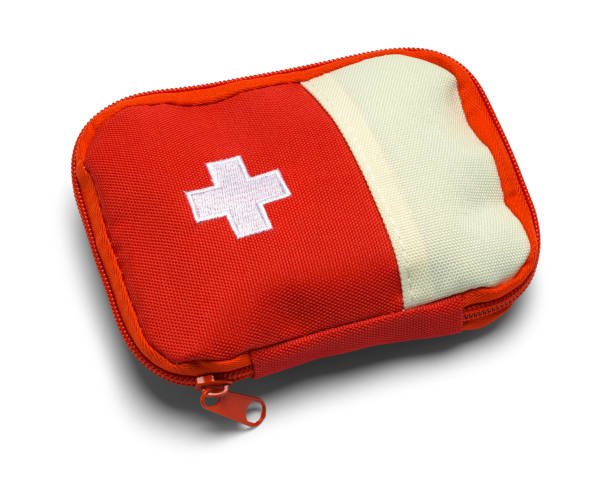
Why you’ll regret forgetting it:
- Treating Minor Injuries: Cuts, scrapes, blisters, and insect bites are common occurrences in the outdoors. A first-aid kit allows you to address these issues promptly.
- Managing Pain and Discomfort: Pain relievers, bandages, and antiseptic wipes can make a big difference in your comfort level.
- Emergency Preparedness: In a more serious emergency, a well-stocked first-aid kit can provide the necessary supplies to stabilize an injury until help arrives.
Pro Tip: Make sure your first-aid kit is well-stocked and includes items like bandages of various sizes, antiseptic wipes, pain relievers, blister treatment, insect repellent, any personal medications, and basic instructions. Familiarize yourself with the contents of your kit before your trip.
8. The Food Friend: Utensils and a Way to Prepare Food
Unless you’re planning on eating with your hands (which can get messy!), don’t forget basic eating utensils and a way to prepare your meals. This could range from a simple spork to a portable stove and cookware, depending on your camping style.
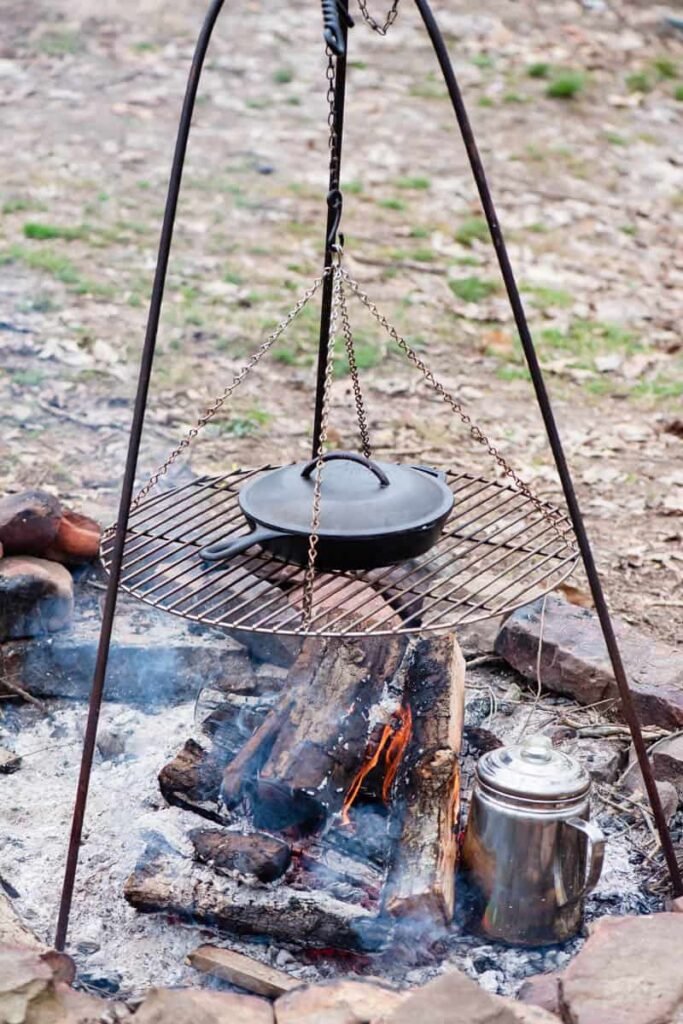
Why you’ll regret forgetting them:
- Convenience and Hygiene: Having your own utensils makes mealtime much more convenient and hygienic.
- Enjoying Your Meals: Trying to eat soup with a stick or cook over an open fire without proper cookware can be frustrating and take away from the enjoyment of your meal.
- Proper Food Preparation: A portable stove allows you to cook more elaborate meals and boil water for drinking or rehydrating freeze-dried food.
Pro Tip: Consider lightweight and compact cooking gear designed for backpacking or camping. A multi-tool with a fork and spoon can be a space-saving option for shorter trips. Don’t forget a way to clean your dishes!
9. The Sleep Savior: A Comfortable Sleeping Pad
You might think your sleeping bag is all you need for a good night’s sleep, but a sleeping pad provides crucial insulation from the cold ground and adds a layer of cushioning for comfort.
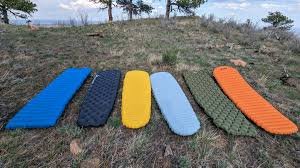
Why you’ll regret forgetting it:
- Insulation from the Cold: The ground can draw significant heat away from your body, even in warmer weather. A sleeping pad creates a barrier and keeps you warmer.
- Increased Comfort: Sleeping directly on the hard ground can lead to aches and pains. A sleeping pad provides cushioning and support for a more restful night’s sleep.
- Improved Sleep Quality: Being warm and comfortable is essential for getting good quality sleep, which is crucial for enjoying your camping trip.
Pro Tip: Choose a sleeping pad with an appropriate R-value for the expected temperatures. Inflatable pads offer more cushioning but require inflation, while closed-cell foam pads are more durable and require no inflation.
10. The Leave No Trace Champion: Trash Bags
Being responsible stewards of the environment is crucial when enjoying the outdoors. Always pack out everything you pack in, and that includes your trash.
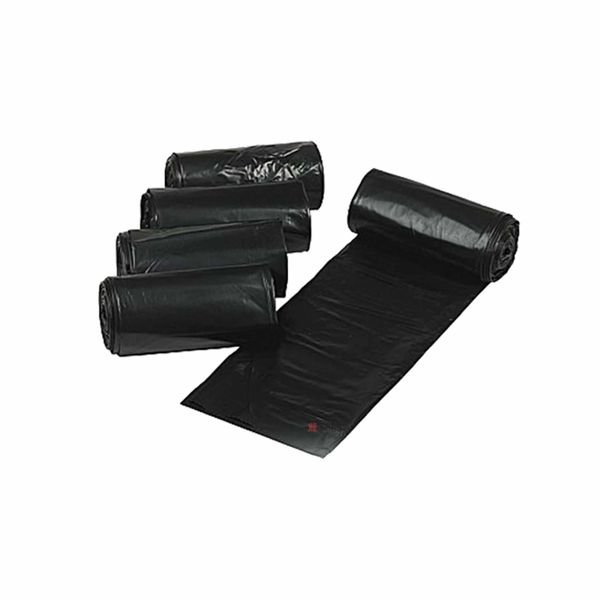
Why you’ll regret forgetting them (and not using them):
- Environmental Responsibility: Leaving trash behind pollutes the environment, harms wildlife, and detracts from the natural beauty of the area.
- Respect for Nature: Packing out your trash shows respect for the environment and other outdoor enthusiasts.
- Avoiding Fines: Many parks and wilderness areas have strict rules about littering, and you could face fines for leaving trash behind.
Pro Tip: Bring several trash bags of different sizes to separate different types of waste. Consider packing a reusable trash bag that can be easily washed and reused on future trips.
Frequently Asked Camping Questions (FAQ)
Here are some common questions we get from fellow adventurers looking to perfect their camping checklist.
1. This list is great, but what about the absolute basics like a tent and sleeping bag?
That’s an excellent question! This list focuses on the essential outdoor gear that people most often forget or underestimate the importance of. We assume you’ve already got the “Big Three” on your list: a suitable tent, a season-appropriate sleeping bag, and a comfortable backpack (if you’re hiking in). Think of our list as the next layer of gear that turns a survivable trip into a comfortable and safe one.
2. Do I really need all of this gear for simple car camping?
While you can certainly get away with more “luxury” items when car camping (since weight isn’t an issue), every single item on this list is still highly recommended! A sudden rainstorm, a nighttime trip to the bathroom, or an unexpected cold snap doesn’t care if you’re backpacking or parked 20 feet from your tent. The main difference is that for car camping, you can choose heavier, more comfortable versions of this gear, like a thicker sleeping pad or a larger lantern instead of just a headlamp.
3. What’s better for camping: a headlamp or a flashlight?
For pure camping utility, a headlamp wins almost every time. The hands-free convenience is unbeatable, whether you’re cooking, setting up your tent in the dark, or reading a book. A good flashlight makes an excellent backup or a secondary light source for the group, but if you have to choose just one, make it a reliable headlamp.
4. You mentioned an ‘R-value’ for sleeping pads. What does that mean?
The ‘R-value’ is a measure of a material’s thermal resistance, or its ability to resist heat flow. In camping terms, a sleeping pad’s R-value tells you how well it will insulate you from the cold ground.
- Low R-value (around 1−2): Best for warm summer camping.
- Mid-range R-value (around 3−4): Good for most 3-season (spring, summer, fall) conditions.
- High R-value (5 or higher): Necessary for winter camping or for people who sleep cold.
The higher the R-value, the warmer you’ll sleep.
5. My smartphone has GPS and a compass app. Do I still need a physical map and compass?
Yes, absolutely. We can’t stress this enough. Electronic devices can fail. Batteries die, screens can crack, and you can easily lose cell service or GPS signal in remote areas. A physical map and compass are your foolproof backup. They don’t require batteries and will work in any condition. Learning to use them is a fundamental outdoor skill that could be critical in an emergency.
6. How can I get good quality outdoor gear without breaking the bank?
Getting into camping doesn’t have to be prohibitively expensive. Look for end-of-season sales from major outdoor retailers. Check out reputable online marketplaces for used gear, or see if there’s a local gear consignment shop. When you’re starting, prioritize your spending on the most critical items for safety and comfort: good footwear, reliable rain gear, and a quality sleeping system. You can often find excellent, budget-friendly options that are perfectly reliable for most camping trips.
Wrapping Up Your Camping Checklist
So there you have it – 10 essential camping gear items you absolutely don’t want to leave behind on your next adventure. While things like tents and sleeping bags are obvious, these often-overlooked items can significantly impact your comfort, safety, and overall enjoyment of the great outdoors.
Before you head out on your next outdoor gear adventure, take a moment to review this camping checklist. Make sure you’ve got these crucial pieces of equipment packed and ready to go. Trust me, a little preparation goes a long way in ensuring a memorable and enjoyable experience.
Ready to gear up for your next camping trip? Head over to MindGearMen to explore our wide selection of high-quality outdoor gear and find everything you need for your next adventure! Happy camping!

